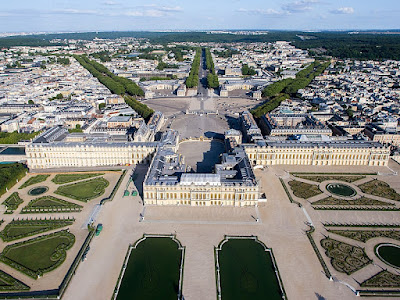Note: The “War of the Austrian Succession” included several different conflicts within it. Thus, many of my blog’s mentions of these related conflicts are instead directed to this post, which helps to put many of these conflicts (and sub-conflicts) into context.
Anecdote about the “War of Jenkins’ Ear,” and how that conflict got its strange name
In 1731, a British ship called the “Rebecca” was stopped by a Spanish ship. As Wikipedia puts it, “Under the 1729 Treaty of Seville, the Spanish were allowed to check British vessels trading with the Americas for contraband.” (see source) Thus, the Spaniards searched the ship thoroughly, and found that it was indeed carrying smuggled sugar. The captain of the “Rebecca” was a man named Robert Jenkins. Captain Jenkins later alleged that, during this incident, the Spaniards had removed part of his ear. The British government was then looking for a pretext for a war against Spain. Thus, they brought Captain Jenkins into Parliament, as evidence that his ear had been cut off by Spanish officials. But Captain Jenkins was wearing a cap, which concealed how many ears he had. Moreover, Captain Jenkins was never forced to remove this cap. Thus, there was a suspicion that, underneath his cap, there were two perfectly normal ears – each of which was firmly attached to his head in the normal way. But the war seemed too desirable to the British to bother with such “trivialities” as verification of the story. Thus, the “War of Jenkins’ Ear” soon began in 1739. This may be among the strangest names ever given to any conflict in history. The majority of the conflict took place in New Granada and the Caribbean Sea. However, it would also involve some fighting in Havana, Cuba – and in Central America, at a city called Cartagena (not to be confused with the city back in Spain). North America would also see some related fighting in Spanish Florida and British Georgia, which was part of the “War of Jenkins’ Ear.” This would later become a part (arguably) of the “War of the Austrian Succession.”
Capture of Portobelo (Central America, 1739) – part of the “War of Jenkins’ Ear”
Battle of Havana (Cuba, 1748) – another part of the “War of Jenkins’ Ear”











































